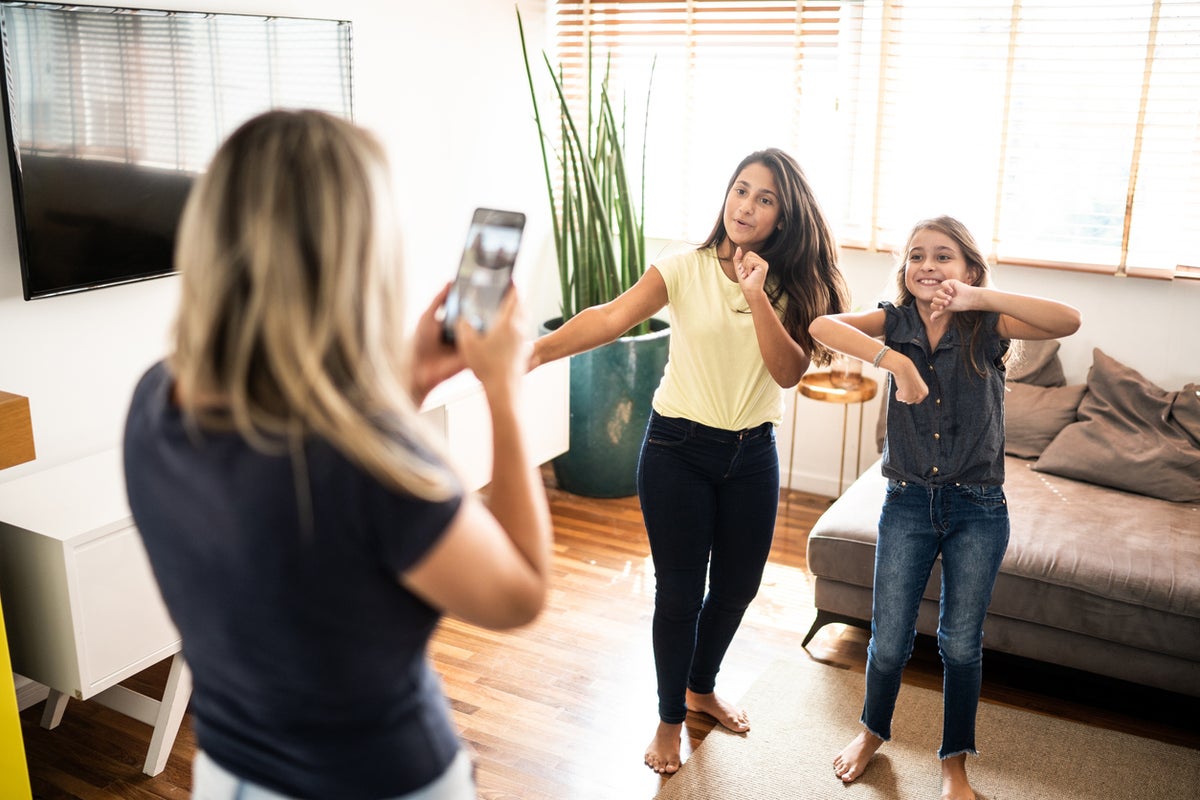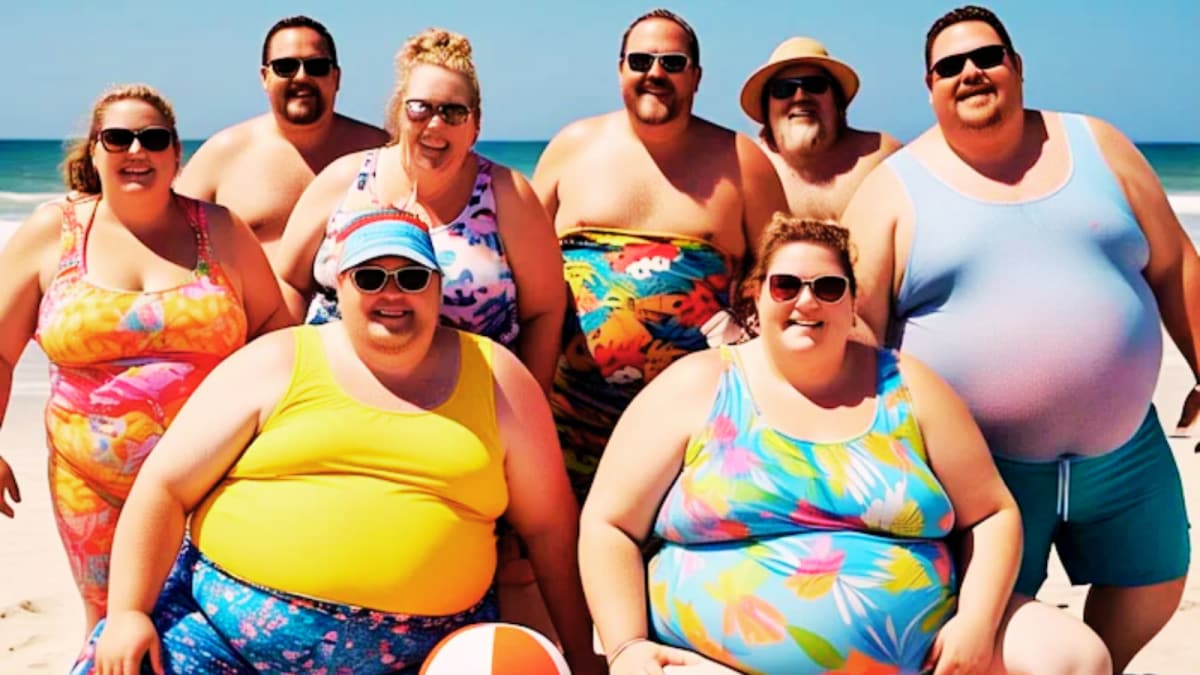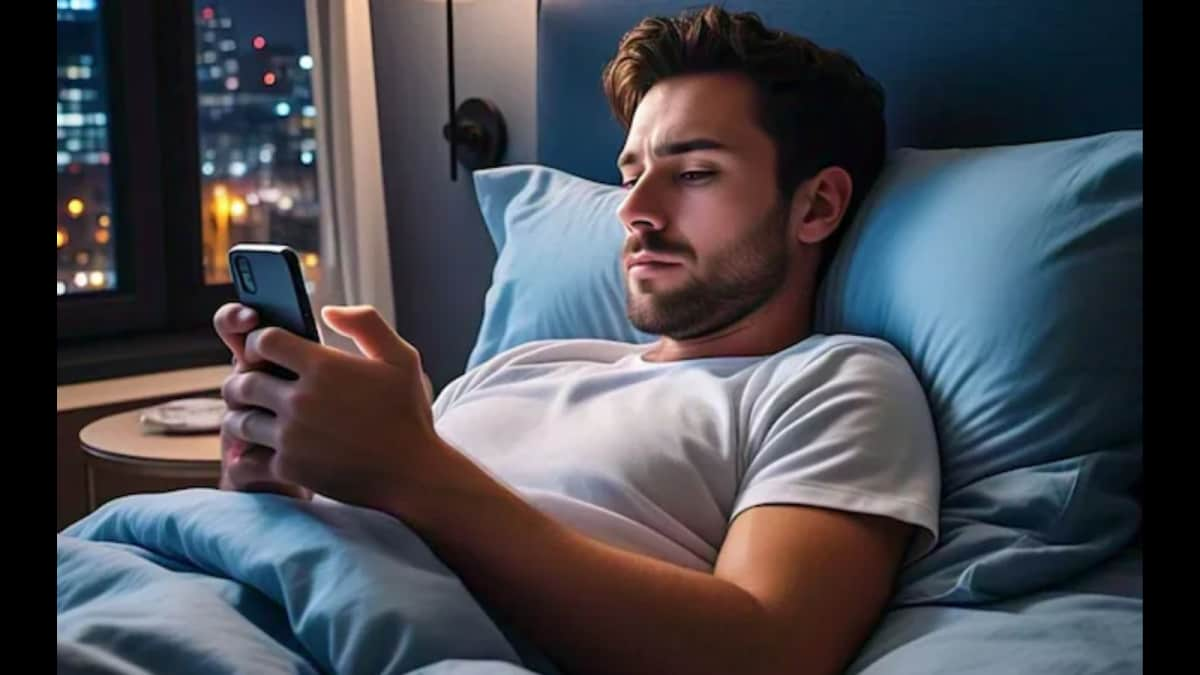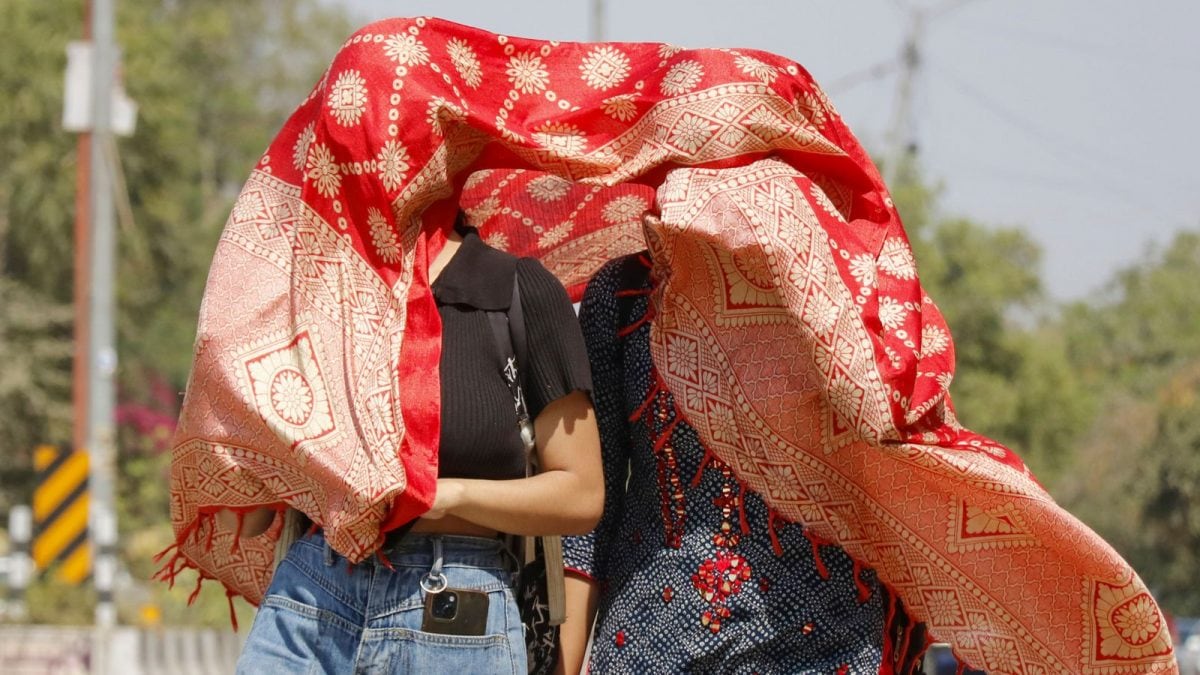
Middle schooler defended for asking mother to delete family YouTube channel
A middle schooler has been defended after she shared her candid thoughts about her mother’s YouTube channel.
In a recent post shared to the popular “Am I The A**hole?” Reddit forum, the student explained that her mother has been running the YouTube channel for two years. According to the teen, her mother has a goal of being “one of those ‘aesthetic daily life bloggers’” who post once a month. However, the student’s face has never been “blurred” out in any of these videos.
“[My mom] wouldn’t censor my voice either. For some reason she would blur her face, my dad’s face, and everyone else’s face, but put mine as the center of attention when I was on video,” she wrote, noting that while she wouldn’t specify her age, she was about to finish middle school.
The Reddit user explained that when she’s at school, her classmates pull up videos from the channel and ask if she is in them. The situation gets “more annoying” when the YouTuber would record her daughter “every single time she possibly could.”
“This meant school events, after-school classes, extracurriculars, the car, vacations, me studying/doing work, cooking, literally just being at home, you name it,” the student added. “She also recorded me going to urgent care for strep throat for some absolutely absurd reason.”
The teen said that the “worst thing” about this channel is that none of her mother’s subscribers “have a problem with a prepubescent middle schooler being exposed to the dangers of the internet with absolutely no privacy in her daily life.”
While she didn’t share the name of the YouTube channel, the schoolchild recalled that there was one video with her voice and face that had “more views” than any of the other videos, which didn’t include her voice and face.
“The one thing I am worried about is that she’ll get mad at me and yell at me and pretend I’m not her child again,” she added, before asking if she should delete the channel without telling her mother.
In response to the post, many readers defended the middle schooler for wanting to delete her mother’s channel. They also gave her recommendations on other ways to handle the situation and criticized the her mom for sharing videos with her child’s face.
“If the channel features your face (without your permission), you have every right to delete those clips featuring you,” one wrote. “Maybe don’t delete the channel itself, but you are justified in deleting your image clips from that channel.”
“Actually your mum is [the a**hole] for having your face unblurred while she even censored her own in the first place. I mean wtf? That’s creepy and you should be worried about your privacy,” another wrote.
“Every time she films you, just keep saying, “I don’t consent to being filmed,” over and over. Ruin every single shot you are in,” a third responded.
The teenager also explained in the comments that while she’s tried other ways to get the YouTube channel down, they haven’t worked. She also responded to people urging her to take legal action against her mother, which she didn’t think was necessary.
“I’ve tried reporting her channel and videos tons of times, but either YouTube doesn’t take it seriously or just takes forever to actually process the report. Also, all my friends do is joke about how I’m famous (my mom has 300 subscribers) and ‘I know your mom’s YouTube channel’ and I don’t think it’s so severe to the point I have to get CPS involved,” she wrote.
Many US states have passed laws to protect child social media influencers who are under the age of 18. Legislation was passed in September in California requiring parents to set aside money earned by child social media influencers. The law required 15 percent of children and teens’ earnings to be placed in a trust left untouched until their 18th birthday. The law, called the Coogan Law, previously only applied to child actors.
Laws in Illinois and Minnesota allow children to sue parents who do not set aside money for them.
Earlier this month, Utah Governor Spencer Cox signed a law that gives adults a path to scrub any digital content they were featured in as minors from any platforms. It also requires parents to set money aside for children featured in online content.










